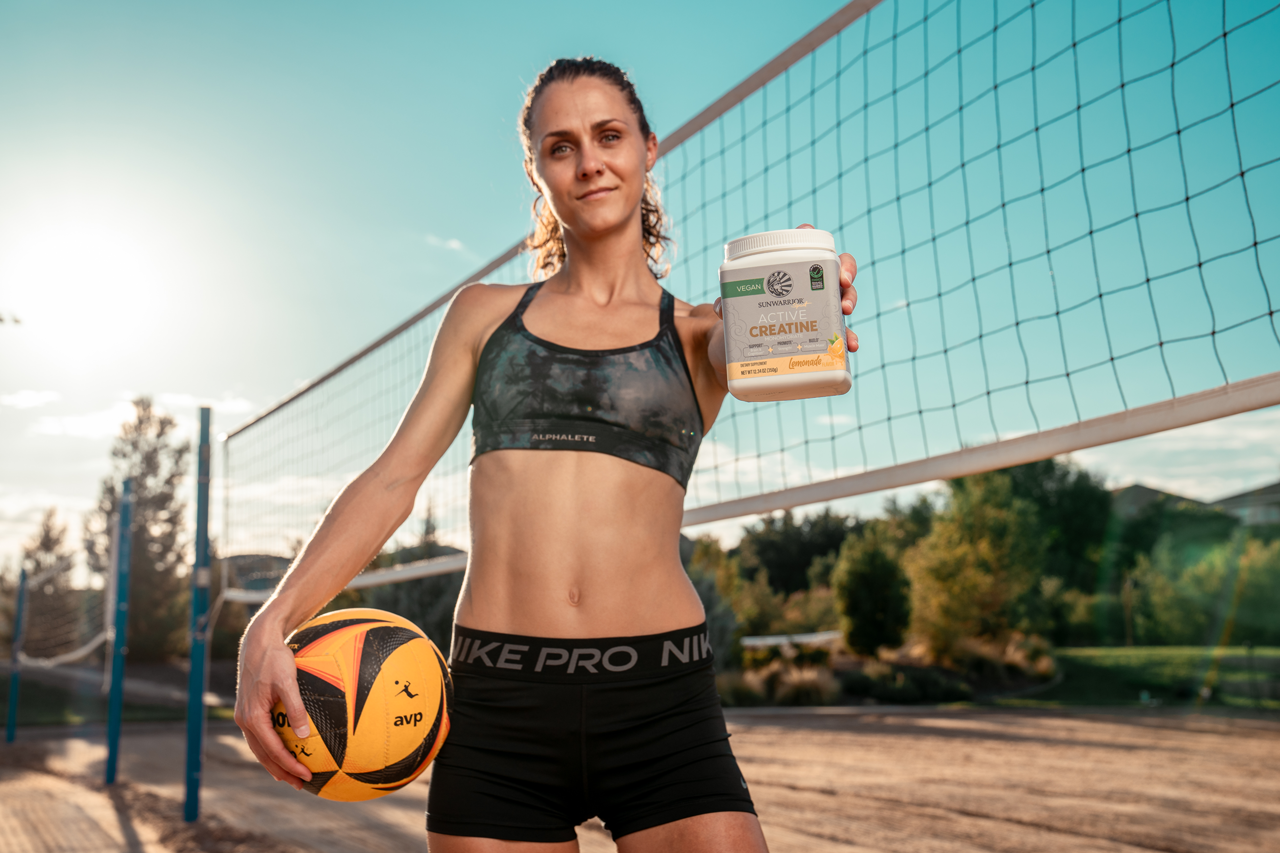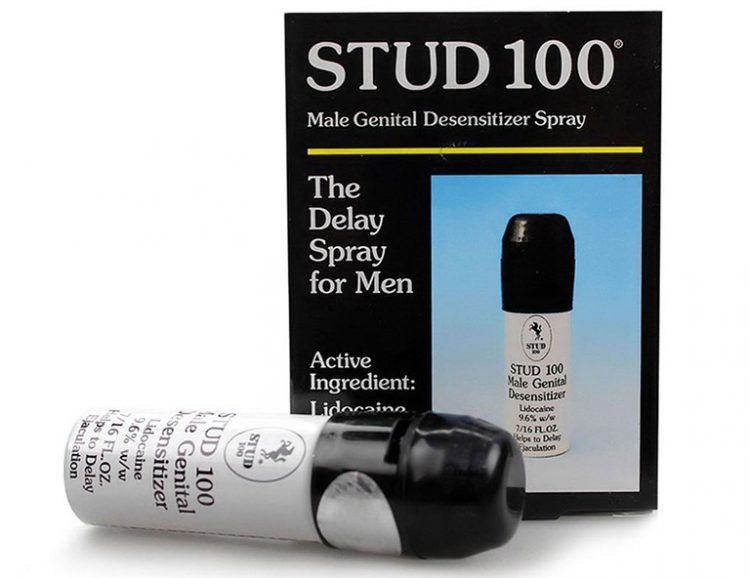Creatine: Your Questions Answered

Table of Contents
What is Creatine and How Does it Work?
Creatine is a naturally occurring organic acid primarily found in skeletal muscle. Its primary function is to help regenerate adenosine triphosphate (ATP), the body's primary energy currency. During high-intensity activities like weightlifting or sprinting, ATP is rapidly depleted. Creatine supplementation helps replenish ATP stores faster, leading to improved performance and reduced fatigue.
This happens through a process called creatine phosphorylation. Creatine phosphate (phosphocreatine) acts as a reservoir of high-energy phosphate, readily donating it to ADP (adenosine diphosphate) to regenerate ATP. This quick regeneration is crucial for short bursts of intense exercise.
Several types of creatine supplements are available, the most common being creatine monohydrate. Other forms include creatine hydrochloride (HCL), creatine ethyl ester, and buffered creatine. While creatine monohydrate is the most researched and widely used, the purported benefits of other forms often lack sufficient scientific backing.
| Creatine Type | Description | Research Support |
|---|---|---|
| Creatine Monohydrate | The most common and well-studied form. | Very High |
| Creatine HCL | Claimed to have better absorption, but evidence is mixed. | Moderate |
| Creatine Ethyl Ester | Claimed to have better absorption, but evidence is limited. | Low |
The choice of creatine type depends on individual preferences and budget; however, the scientific evidence strongly supports creatine monohydrate as the most effective and safest option for most people.
Creatine Benefits: Muscle Growth and Strength Gains
The benefits of creatine supplementation are well-documented in scientific literature. Numerous studies show that creatine significantly increases muscle mass and strength. This is largely due to its role in enhancing ATP production, leading to increased training capacity and muscle protein synthesis.
- Increased Muscle Mass (Hypertrophy): Creatine supplementation has been consistently linked to significant increases in lean muscle mass, particularly in conjunction with resistance training.
- Enhanced Strength Gains: Studies demonstrate improved strength and power output across various athletic activities, including weightlifting, sprinting, and jumping.
- Improved Athletic Performance: Creatine supplementation can benefit diverse athletes, from bodybuilders to sprinters to older adults seeking to maintain muscle mass and strength. Even vegetarians, who may have lower creatine stores, can experience significant benefits from supplementation.
For example, a meta-analysis published in the Journal of the International Society of Sports Nutrition reviewed numerous studies and concluded that creatine supplementation significantly improved both strength and power performance. Similar positive results have been observed across a range of populations and training programs, highlighting the versatility and efficacy of creatine for enhancing muscle growth and strength gains.
Creatine Side Effects and Safety Concerns
While generally considered safe when used appropriately, some potential side effects of creatine supplementation are reported. These include:
- Water Retention: Creatine can cause temporary water retention, leading to a slight increase in body weight. This is usually harmless and diminishes with continued use.
- Weight Gain: The increase in water retention and muscle mass can contribute to a noticeable increase in overall body weight. However, this weight gain is largely lean muscle mass and not fat.
- Muscle Cramps: In rare cases, some individuals might experience muscle cramps. This is often attributed to inadequate hydration.
It is crucial to emphasize that serious side effects like kidney problems are extremely rare and primarily associated with high doses and pre-existing kidney conditions. A large body of research supports the safety of creatine when taken at recommended dosages and with adequate hydration. Always consult a doctor before starting any new supplement, especially if you have pre-existing health conditions or are taking other medications. Potential interactions with certain medications should be considered.
How to Use Creatine Effectively: Dosage and Cycling
Optimizing creatine intake involves understanding proper dosage and cycling strategies. A common approach involves a loading phase followed by a maintenance phase:
- Loading Phase (7 days): Consume 20 grams of creatine monohydrate daily, split into four 5-gram doses. This quickly saturates muscle creatine stores.
- Maintenance Phase (ongoing): Reduce the daily intake to 3-5 grams to maintain muscle creatine saturation.
Adequate hydration is crucial for creatine absorption and to mitigate potential side effects like water retention. Drinking plenty of water throughout the day, especially during and after workouts, is essential.
Different cycling strategies exist, including continuous use and cyclical use. Continuous use involves maintaining a consistent daily intake, while cyclical use involves periods of supplementation followed by periods of rest. The ideal approach depends on individual goals and preferences. Choosing a high-quality creatine monohydrate supplement from a reputable brand ensures purity and efficacy.
Creatine Myths Debunked
Several myths surround creatine usage, hindering many from benefiting from this safe and effective supplement. Let's address some of the most common misconceptions:
- Myth: Creatine causes liver damage. Fact: Numerous studies show no evidence linking creatine supplementation to liver damage when used as directed.
- Myth: Creatine is only for bodybuilders. Fact: Creatine benefits a wide range of individuals, from athletes in various disciplines to older adults seeking to maintain muscle mass and strength.
- Myth: Creatine is a steroid. Fact: Creatine is a naturally occurring compound found in the body and in certain foods; it is not a steroid.
These and other misconceptions often stem from a lack of understanding of the scientific evidence supporting creatine's safety and efficacy. By understanding the facts, you can make informed decisions about incorporating creatine into your fitness regimen.
Conclusion: Making Informed Decisions About Creatine
Creatine monohydrate supplementation offers significant benefits for muscle growth, strength gains, and athletic performance. While potential side effects exist, they are generally mild and manageable with proper hydration and appropriate dosage. The safety of creatine is well-established when used according to recommendations. Remember to always consult with your healthcare professional before starting any new supplement, especially if you have pre-existing health conditions or are taking medications. Ready to explore the power of creatine? Find the right creatine supplement for you! Learn more about creatine and its potential to enhance your fitness journey. Start your research on creatine today! [Link to relevant scientific articles] [Link to reputable supplement retailers]

Featured Posts
-
 Dodgers Forgotten Prospect Finally Gets His Chance
May 16, 2025
Dodgers Forgotten Prospect Finally Gets His Chance
May 16, 2025 -
 Bolee 200 Raket I Dronov Rossiya Nanesla Massirovanniy Udar Po Ukraine
May 16, 2025
Bolee 200 Raket I Dronov Rossiya Nanesla Massirovanniy Udar Po Ukraine
May 16, 2025 -
 Ayesha Howard And Anthony Edwards Co Parenting Under One Roof
May 16, 2025
Ayesha Howard And Anthony Edwards Co Parenting Under One Roof
May 16, 2025 -
 The Mystery Of Amber Heards Twins Is Elon Musk The Father
May 16, 2025
The Mystery Of Amber Heards Twins Is Elon Musk The Father
May 16, 2025 -
 Thoi Gian Xong Hoi Tot Nhat Cho Suc Khoe La Bao Lau
May 16, 2025
Thoi Gian Xong Hoi Tot Nhat Cho Suc Khoe La Bao Lau
May 16, 2025
